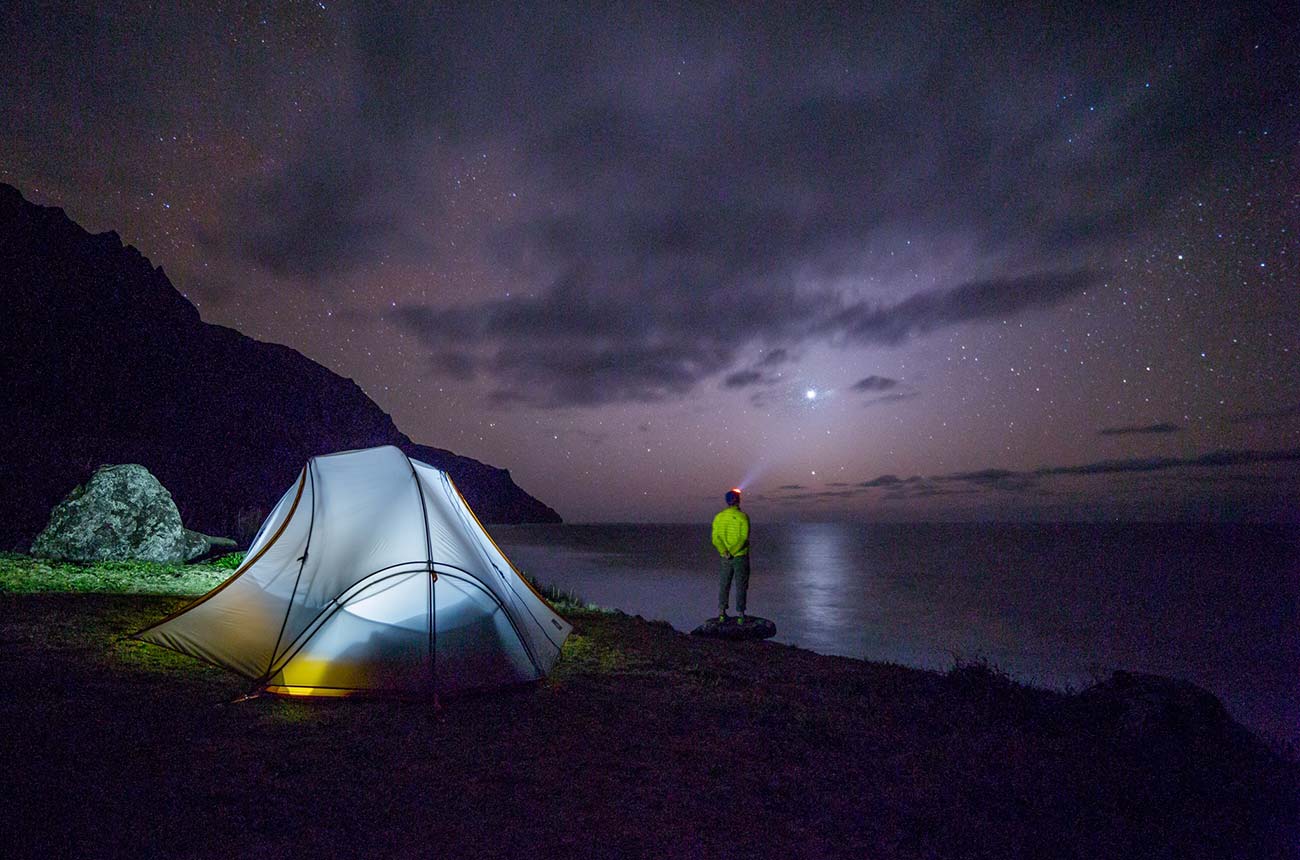May 15, 2024
During his educational years, Elon Musk demonstrated a sharp entrepreneurial drive and exceptional scientific aptitude.
Elon Musk demonstrated an intense fascination with science and technology from childhood. His extraordinary reading habits led him to wear out two complete sets of encyclopedias. Inspired by his father, he developed a deep interest in engineering and invention.
In 1981, the 10-year-old Musk used his allowance and partial funding from his father to purchase his first computer – a Commodore VIC-20. He taught himself programming using the included BASIC manual, astonishingly mastering the six-month curriculum in just three days.
By 1983, at only 12 years old, Musk applied his programming skills to create Blastar (also known as The Bomb), a space-themed video game. He sold the game to South African magazine PC and Office Technology for $500 – his "first entrepreneurial success" that revealed his technical brilliance and business potential.
After completing high school in South Africa, Musk moved to Canada in 1989 (age 17) seeking greater opportunities. He enrolled at Queen's University in Ontario.
In 1992, he transferred to the University of Pennsylvania on scholarship. At Penn, he earned his Bachelor of Economics from the prestigious Wharton School. Driven by his desire to understand the physical world, he stayed an additional year to complete a Bachelor of Physics (awarded 1997). This dual-degree foundation proved crucial for his future cross-disciplinary ventures in business and engineering.
In 1995, Musk began materials science and applied physics doctoral studies at Stanford University, aiming to advance energy technologies. However, the Internet boom was transforming Silicon Valley. Recognizing this pivotal opportunity, Musk made a career-defining decision just two days after enrollment: he dropped out to launch his first startup. He realized that building the future required direct action – not just studying it in classrooms.
Similar Topics


Breakthrough
Through SpaceX, Elon Musk pioneered reusable rockets and crewed spaceflight while deploying global satellite internet via Starlink. At Tesla, he achieved Model 3 mass production and established the Shanghai Gigafactory, securing EV industry leadership. Concurrently, he advanced neural interfaces and tunnel transport systems, forging a cross-industry tech network.

Controversy
Elon Musk acquired Twitter for $44 billion (later renamed X). In 2024, he became Donald Trump's top individual donor. After serving as a federal efficiency advisor in 2025, Musk resigned and launched Tesla's Robotaxi pilot program that June, with plans to expand the fleet to one million vehicles by 2026.